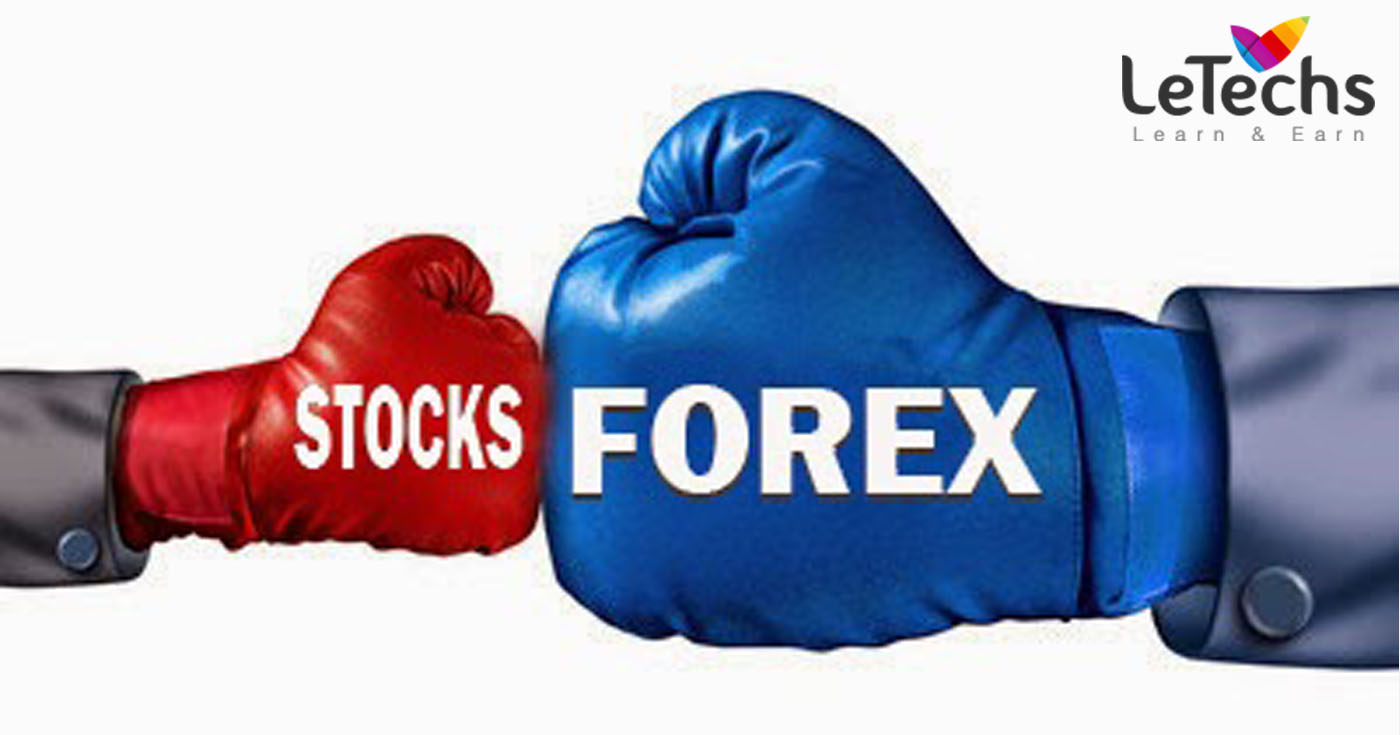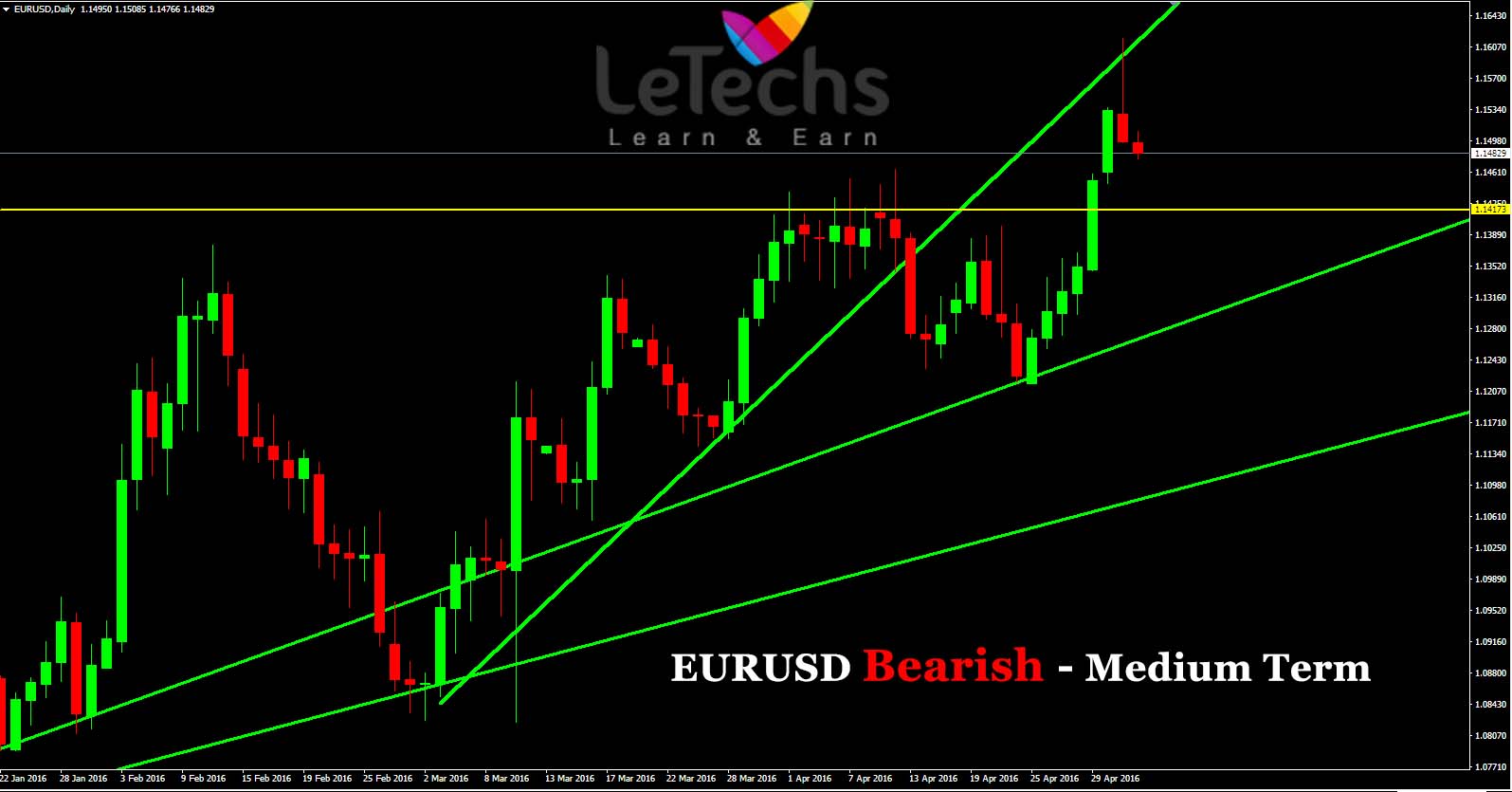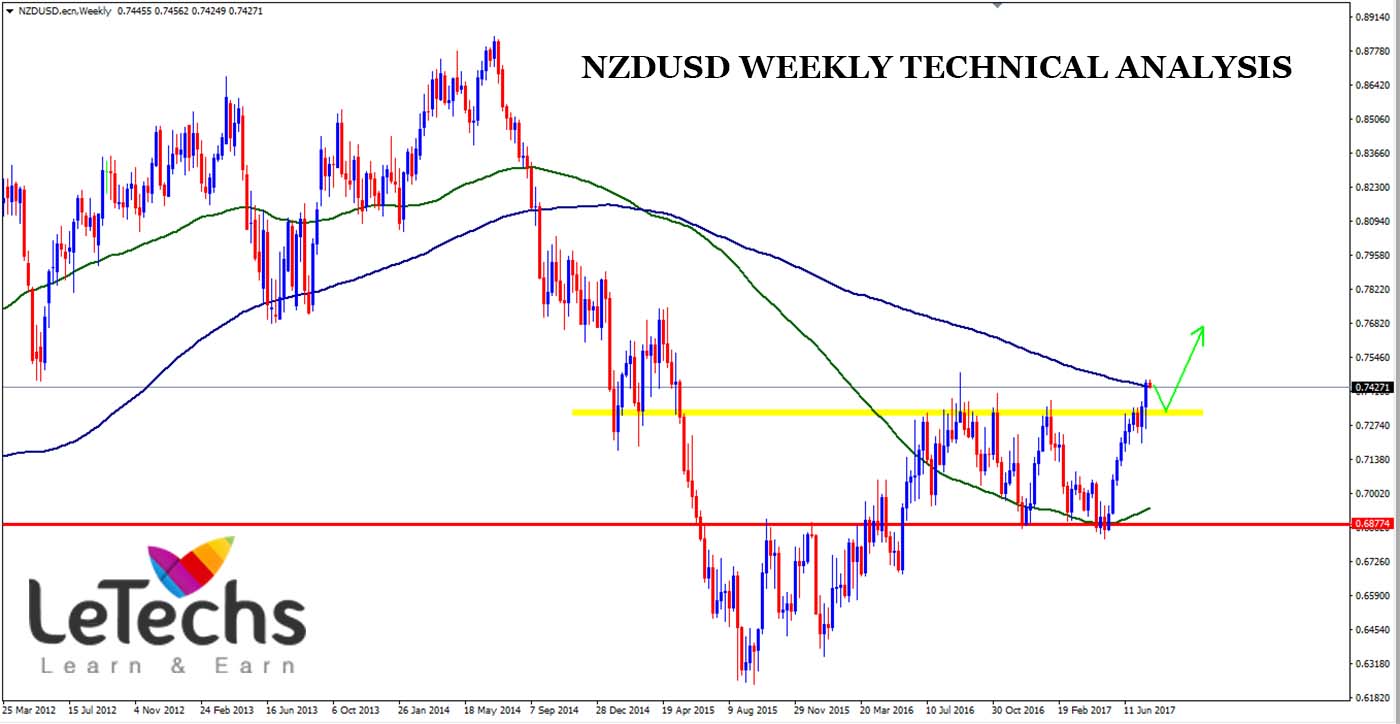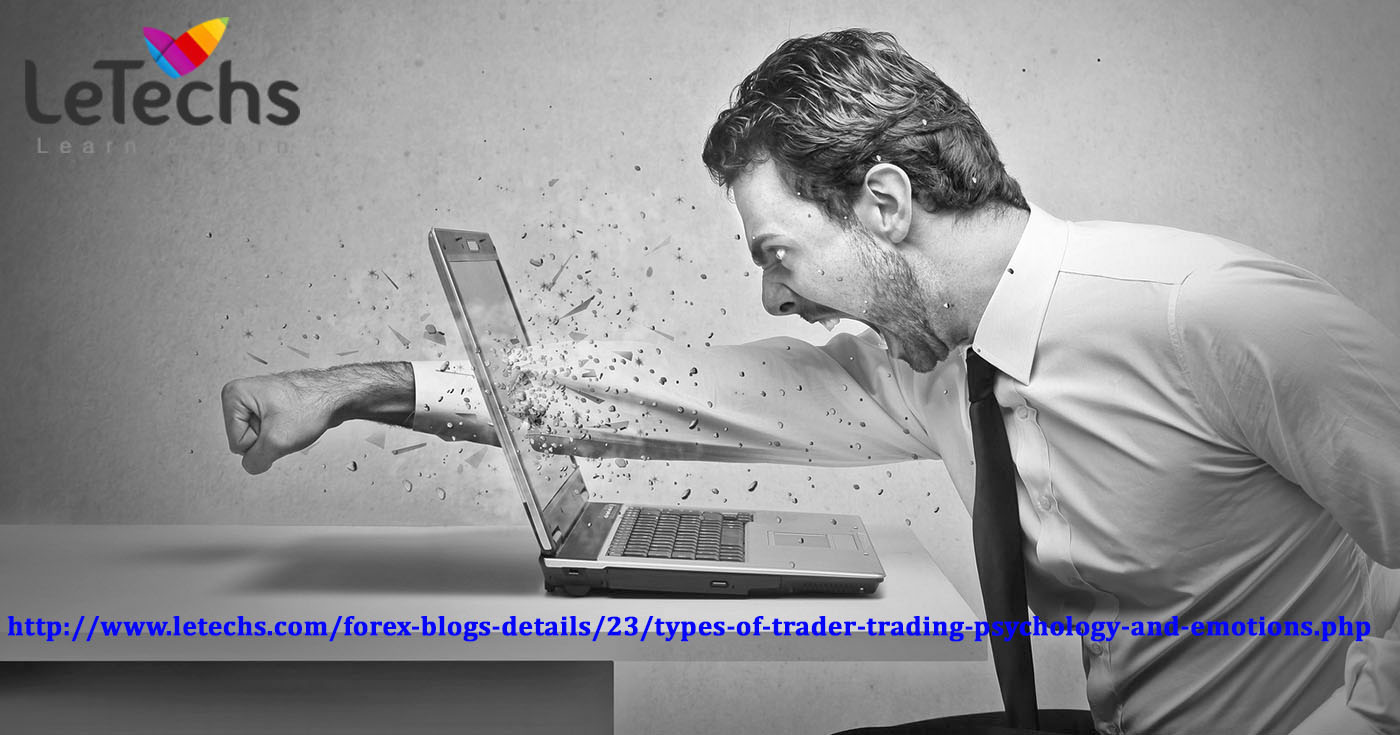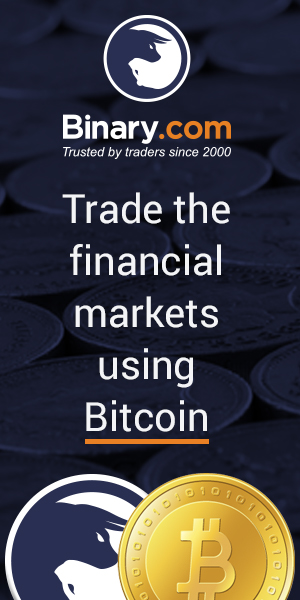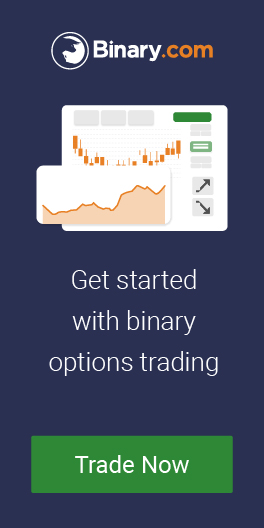24
Nov
Types of Trader emotions:Four Psychological States Of feeling – Greed, Fear, Hope, and Regret.There are four psychological states of emotions that drive most individual deciding in any market within the world. There are greed, fear, hope and regret.
Since the Forex market is created from individual human beings who tend to act in similar manners, a gargle is made. It’s only the group’s opinion that matters throughout a trend, however, it's the individual trader’s job to identify the refined clues at once a market is close to shift direction.
The clues are there, however, they're refined. Associate awareness and detailed understanding of those emotions is what keeps the sharpest technical trader out of trouble by providing a way to identify individual weaknesses. We have a tendency to shall currently take a closer check up on these emotions, and supply examples of however they influence a trader’s ability to systematically make money.
What is Greed? Greed is usually outlined as the associate excessive need for money and wealth.In trading word, it will specifically be outlined because the need for a trade to produce an immediate and unrealistic quantity of profit. Once greed sets in, all a trader will specialize in is how much money they need created and the way much more they might build by staying within the trade. However, there's a significant false belief with this kind of reasoning. A profit isn't realized till a position is closed. Until then, the swing trader only features a POTENTIAL profit; Greed additionally often ends up in ignoring sound risk management practices.
What is Fear? According the most recent results of the poll at the bottom of this hub, "fear" is that the feeling that traders and investors struggle with quite the opposite three discussed during this article. Fear is outlined as a distressing feeling that's caused by a sense of close at hand danger, which ends in a very survival response. This is true regardless of whether or not the threat is real or imagined.
Fear is perhaps the foremost powerful of all human emotions. Once traders become afraid, they're going to sell a position no matter the price. Fear ends up in panic, and panic ends up in poor decision making. Fear could be a survival response. People are best-known to jump off of buildings throughout market panics. Against this, nobody has ever jumped off of a building due to greed. It took the Dow Jones Industrial Average from 1983 till 2007 (24 years) to rally from 1,000 to 14,200, however, it only took 2 years to lose half of its worth (2007-2009). That’s a dramatic example of the ability of fear.
Fear could be a sensible feeling if it gets you out of a bad trade. If, as an example, a Forex pick hits its planned stop price and also the disciplined swing trader exits the trade, then the fear of losing associate excessive quantity of money protects the Forex trader from economic ruin. However, fear will work against a trader once they don’t enter a high quality setup as a result of it need had a series of losing trades. Simply because a trader has lost cash within the previous trades doesn't mean he should be frightened of coming into successive trade. That’s why we've trading plans. Trading systems are supposed to require the emotions out of trading. If you’re afraid to enter a high quality setup, there’s no purpose in even trading.
When the market is in a state of panic or fear, the swing trader ought to ne'er try to rationalize or come up with excuses why they must not get out of their positions. Throughout times of fear and panic, it's best to travel with money. Listening to the news, the govt., Forex consultants, or alternative trader’s opinions could be a waste of your time. If the market is in a state of panic, it's best to not fight the trend. The group can continually win. You don’t have enough money to carry the market up by yourself. It’s pretty simple…when institutional traders (banks, mutual funds, and hedge funds) plan to dump their positions, the market can fall (and vice versa). Once there's fear, steer clear! Once doubtful, get out! Actually understanding the ability of fear is one among the key items of the puzzle to raising your on-line trading education.
What is Hope? Hope could be a feeling of expectation and need for a particular factor to happen. It’s associate individual’s need to require or want for a desired event to happen. Hope is also the most dangerous of all human emotions once it involves trading. Hope is what keeps a trader in a very losing trade once it's hit the stop. Greed and hope are what typically stops a trader from taking profits on a winning trade. Once a Forex goes up, traders can typically stay within the exchange the “hope” of recouping past losses. Each swing trader hopes that a losing trade can somehow become a winning trade; however Forex markets aren't a charity. This kind of thinking is dangerous as a result of the group (Forex market) couldn't care less concerning what you hope for, or what's in your best interest. Rest assured, once you’re thinking slips into hope mode, the market can penalize you by taking your money.
What is Regret? Regret is outlined as a sense of sadness or disappointment over the one thing that is going on or being done, particularly once it involves a loss or a missed chance. The negative implications of this feeling are obvious. It’s only natural for a Forex trader to regret taking on a losing trade or missing a winning trade. However, what's important as a trader isn't to hyper specializing in losing trades or missed opportunities. If you lose cash on a trade, then you must simply judge what went wrong and move forward. Apart from the teachings that may be gained from evaluating every trade, there's no purpose of spending additional time regretting the choice to enter the trade. It’s additionally human nature to feel regret once a chance is missed. If you miss a winning trade, then you want to pass on to successive potential trading chance.
When technical traders permit regret to rule their thinking, they tend to “chase trades” within the hopes of still having the ability to form money on the position by coming into it well on top of the trigger price. The problem with this thinking is that the reward and risk of the trade no longer meets the parameters of excellent trade management. As an example, by coming into a trade one purpose over the trigger, the potential reward is also one point; however the potential loss might also be one point. This sets the reward and risk ratio of one to one. Recall that we have a tendency to like trades to possess a minimum of a pair of to one reward and the risk ratio. However, if the trade had been entered at the appropriate trigger price, the reward and the risk magnitude relation would be two to one. Winning and profitable on-line traders learn to discipline their mind to eliminate regretful thinking.
